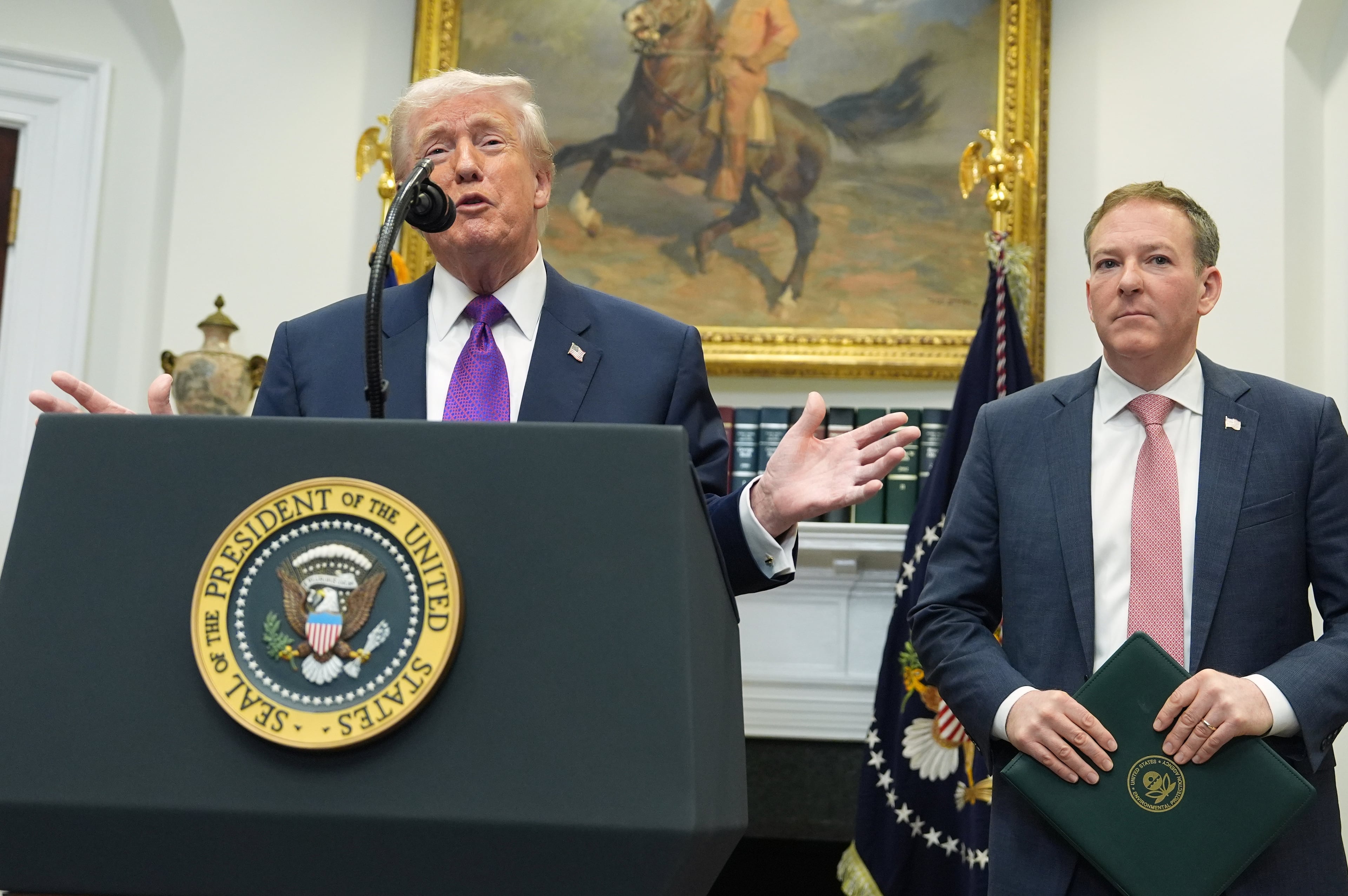Atlanta businesses chart own course on bathroom issue
LGBT-FRIENDLY BUSINESSES
These 13 metro Atlanta organizations earned perfect scores in the Human Rights Campaign Foundation’s 2015 rating of Georgia’s most LGBT-friendly organizations. They were evaluated in five areas: non-discrimination policies, employment benefits, demonstrated organizational competency and accountability around LGBT diversity and inclusion, public commitment to LGBT equality and responsible citizenship.
* Alston & Bird
* Coca-Cola
* Federal Reserve Bank of Atlanta
* First Data Corp.
* Home Depot
* InterContinental Hotels Group Americas
* Kilpatrick Townsend & Stockton
* King & Spalding
* NCR Corp.
* Newell Rubbermaid
* SunTrust Banks
* Sutherland Asbill & Brennan
* Troutman Sanders
It may be an issue in locker rooms, at park facilities or among public school administrators, but for many of Atlanta’s biggest companies the debate over where transgender people use the bathroom is settled.
Home Depot, Coca-Cola, UPS, Delta Air Lines and other area Fortune 500 companies have quietly instituted policies over the past few years that allow transgender employees to use the bathroom that corresponds with their gender identity.
“Since 2011, we have had a comprehensive policy to ensure transgender associates have the right to be who they are at work and that they can express their gender identity openly,” Coca-Cola said of its policy.
Experts say such policies are a recognition by corporate America that the nation’s increasing diversity has moved beyond race, ethnic and sexual orientation differences to include people who transition from one gender to the other.
Others see it as a employee recruitment tool. Fortune 500 companies use an inclusive environment to attract top talent, especially among millennials who seek tolerant work environments.
“Large businesses have been good on this issue,” said Greg Nivens, an attorney and employment fairness program strategist for Lambda Legal, an LGBTQ civil rights group. “The larger the business the more this might be relevant to them.”
Where transgender people use the bathroom moved to the front lines of the culture wars in March, when North Carolina enacted a law that prohibits the trans community from using public restrooms in schools and government buildings consistent with their gender identity.
In May, Georgia joined other states in suing the Obama administration over rules it passed mandating that transgender students use bathrooms that correspond to their identity.
About 82 percent of Fortune 100 companies have transgender-inclusive non-discrimination policies, according to a Lambda Legal report from 2011. In Atlanta those companies also include SunTrust, InterContinental Hotels Group, NCR and Newell Brands, which recently moved its corporate headquarters from Atlanta to New Jersey.
Such policies carry risk. Retailer Target has been the subject of several protests around the country by activists who claim pedophiles and rapists could use the policies to enter women’s bathrooms by dressing up in female attire.
Kay Bunch, an instructor the Department of Managerial Sciences at Georgia State University, said integrating social change into corporate culture can be tricky.
“I think HR professionals try but it is hard to keep up with the changes,” she said. “For example, there is growing discussion of pronouns. Some companies ask employees to indicate their preferred pronouns for that day. However, there is no consensus on the appropriate ‘non binary’ pronoun. ‘They’ often is suggested.”
But most companies said recognizing a transgender employee’s identity, even if different from their birth gender, is in keeping with their corporate values.
“At UPS we’re always looking to align our policies with our belief in the importance of diversity and inclusion in our workplace,” said Laura Lane, president, global public affairs and executive advisor of the ‘LGBT and Allies’ business resource group at UPS. “We thought it was important to document and share with our employees a clear policy when it comes to transgender use of restrooms.”
Said Paul Snyder, vice president of corporate responsibility for IHG, “We encourage a culture where everyone feels valued and accepted. We want to do the right things in the right way and be a supportive force for all of our colleagues.”
Transgender freelance editor Vandy Beth Glenn said such support is not to be taken for granted. In 2008, Glenn successfully sued the Georgia General Assembly after being fired from her job as an editor because she told her boss she planned to transition from a man to a woman.
Glenn, who left state work in 2013, has found acceptance in the offices where she freelances. She noted, however, that at 5-foot-7, she doesn’t stand out among other women as much as someone who might be substantially taller.
“Most people just don’t care and are nice,” she said. “They are there to work and don’t hassle their co-workers.”


